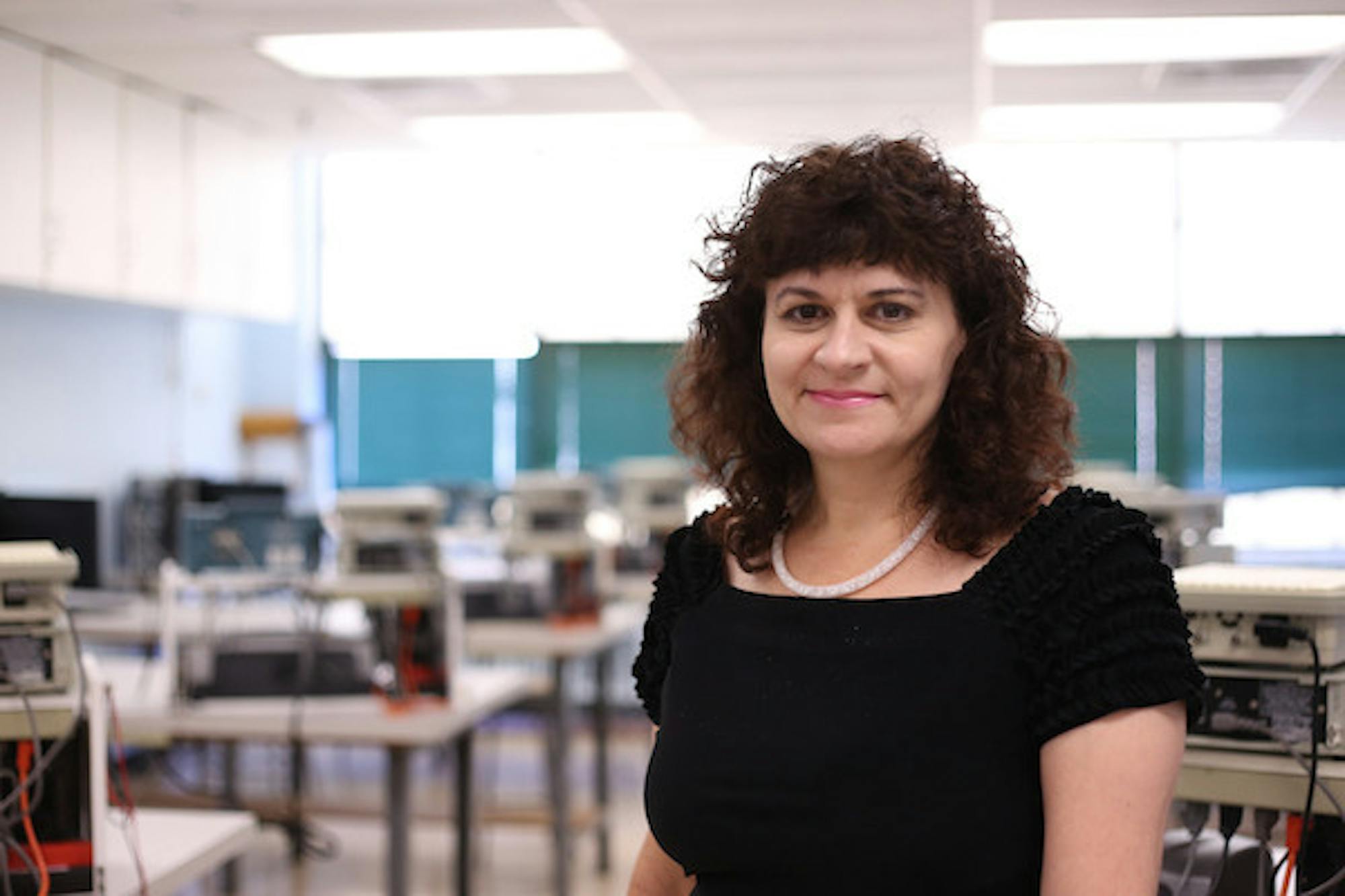This fall, the School of Engineering introduced FAST-TRAC, a new scholarship program created to help underrepresented and economically disadvantaged engineering students get Master's degrees.
The program will be funded by a five year, $1 million grant from the National Science Foundation (NSF) as part of the NSF's Scholarships in Science, Technology, Engineering and Math (S-STEM) program, according to the NSF's website.
Starting this year, the program will fund multiple students in Tufts' combined Bachelor of Science-Master of Science (BS-MS) program, which allows engineering students to attain two degrees in five years rather than six, according to Darryl Williams, associate dean of undergraduate education at the School of Engineering.
Williams explained that the goal of this program is to transform the way that Tufts recruits and retains underrepresented and low-income students.
“We see this as an avenue to increase the level of access of the undergraduate programs at Tufts," Williams said. "What exactly are the changes we need to make in our own School of Engineering so that it really meets the needs and capabilities of all students?"
Students will apply for the scholarship the same way that students apply for the combined B.S.-M.S. program, according to Williams.
According to the School of Engineering's website, students apply for the combined degree program in the spring of their junior year. Those applying for the FAST-TRAC grant must meet criteria as underrepresented or economically disadvantaged as described by the NSF, Williams said.
Karen Panetta, associate dean of graduate education at the School of Engineering, observed that a lot of Tufts students wanted to further their educations or earn Ph.D.s, but were unable to do so because of financial constraints.
“I wanted to address this specific gap in the STEM education to get students to their M.S. degrees and not have finances prevent them from pursuing dreams of a graduate degree,” Panetta wrote in an email to the Daily.
Panetta said that many undergraduate students did not see a compelling reason to continue on to graduate school at Tufts because they did not know what the return on their investment of another year or two years of tuition would be.
As a result, Panetta came up with the idea of giving scholarships to low-income students to make it feasible for them to come back to graduate school and complete the program in one year. This would allow students to get an M.S. quickly and cost-effectively, she said.
She contacted colleagues in the School of Engineering, including Williams, pitched the idea to them and received their assistance in writing a proposal.
Once a student has been accepted, they have to agree to participate in a training process that has been developed to support their experience, according to Panetta. The program has built-in mentorship, professional development, communication skills and other real world aspects, she added. This will give students a competitive edge that makes them well-rounded and ready to jump into the workforce as immediate technical contributors, she noted.
“If students get this opportunity, learn to do research and get confidence that it doesn't matter where you come from, and that a graduate degree and Ph.D. is within reach, we will see more diverse populations of future professors, researchers and entrepreneurs,” Panetta said.
According to Williams, FAST-TRAC is an important and timely project considering Tufts' institutional goals regarding diversity and inclusion.
“My hope is that this program is not just based on the five-year award period of this grant, but that this is something we as an institution adopt because we value what it will enable us to do,” Williams added.
FAST-TRAC scholarship to provide support for underrepresented, low-income engineering students






